China Executes Four Canadians for Drug Offenses, Confirms Ottawa
Canadian Officials Condemn Executions Amid Strained Diplomatic Ties with Beijing
Canada has confirmed that four of its citizens were executed in China earlier this year for drug-related crimes, intensifying already tense relations between the two countries.
All four individuals held dual citizenship, but their identities have not been disclosed, Foreign Minister Mélanie Joly said. The executions, carried out by Chinese authorities, have drawn sharp criticism from Canadian officials and human rights groups, who describe the punishment as "inhumane" and a violation of global norms.
China’s foreign ministry defended the executions, saying they were conducted “in accordance with the law” and based on “solid and sufficient” evidence. The Chinese embassy in Ottawa accused Canada of making “irresponsible remarks” and insisted that the legal rights of those executed had been fully upheld.
Beijing urged Canada to respect China’s “judicial sovereignty,” reiterating its zero-tolerance policy on drug crimes. While China imposes the death penalty for serious offenses such as drug trafficking, corruption, and espionage, it is unusual for foreign nationals to be executed.
Canadian Efforts to Prevent Executions
Joly stated that she and other senior Canadian officials, including former Prime Minister Justin Trudeau, had worked behind the scenes for months to secure clemency.
In a statement, Charlotte MacLeod, spokesperson for Global Affairs Canada, said, “We repeatedly called for clemency for these individuals at the highest levels. Canada remains firmly opposed to the use of the death penalty in all circumstances.”
Amnesty International Canada called the executions “shocking and inhumane.” Ketty Nivyabandi, the organization’s secretary general, said the news should serve as a “wake-up call” for Canada.
“We are devastated for the families of the victims,” Nivyabandi said. “Our thoughts also go out to the families of other Canadian citizens currently on death row or missing within China’s prison system.”
A History of Tension Between Ottawa and Beijing
This development adds to a series of diplomatic confrontations between the two nations.
In 2019, Canadian citizen Robert Lloyd Schellenberg was sentenced to death in China on drug smuggling charges in a case that drew international condemnation. He is still alive and was not among those recently executed.
Canada-China relations have been rocky since 2018, when Canada arrested Chinese tech executive Meng Wanzhou at the request of the United States. In a move widely viewed as retaliatory, China detained two Canadian citizens, who have since been released.
Tensions escalated again in 2023, when Canadian media reported allegations of Chinese interference in Canada’s federal elections, based on leaked intelligence. China denied the claims, calling them “baseless and defamatory.”
Most recently, the trade relationship has suffered setbacks. After Canada imposed tariffs on Chinese electric vehicles, steel, and aluminum, China responded with duties on certain Canadian agricultural and food imports.
Despite the growing diplomatic rift, Minister Joly vowed Canada would continue to advocate for citizens facing similar fates abroad.
“We’ll continue to strongly condemn these executions and to call for leniency in other ongoing cases,” she said.





















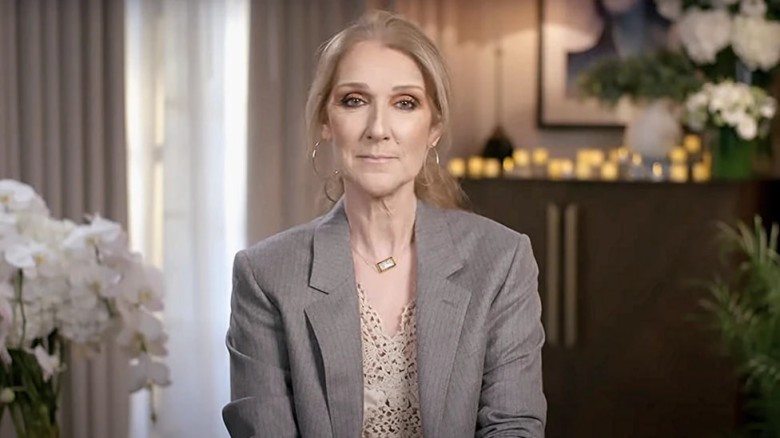




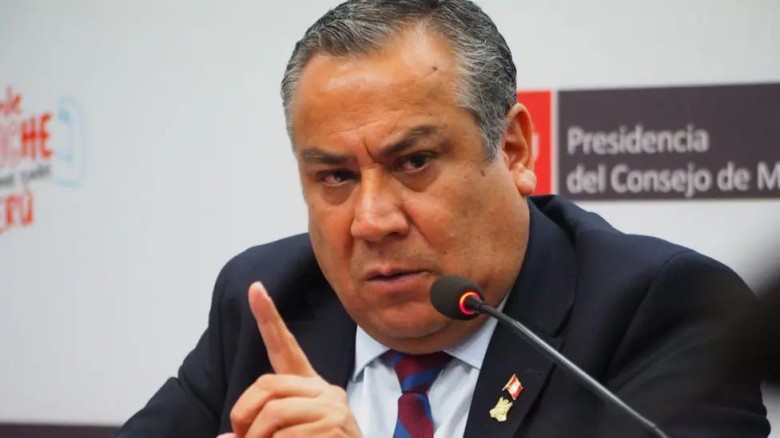

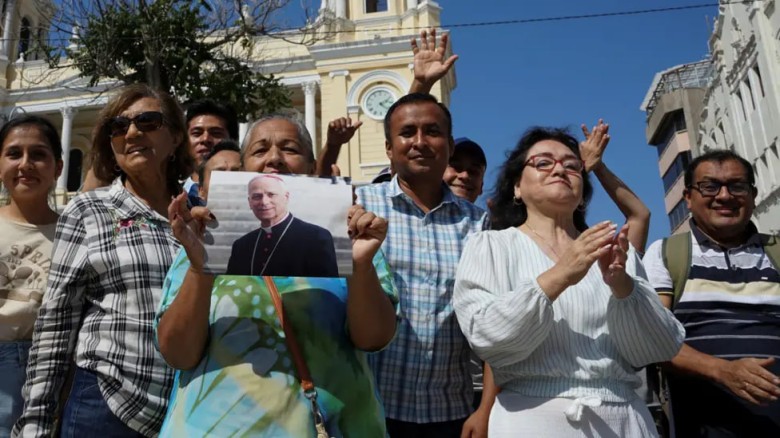




















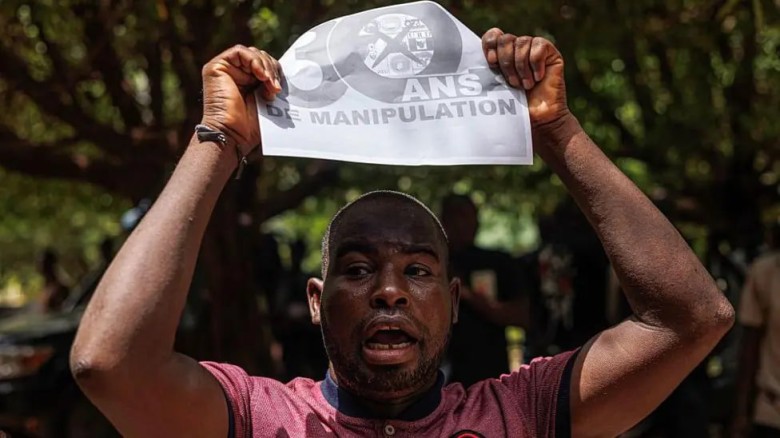




















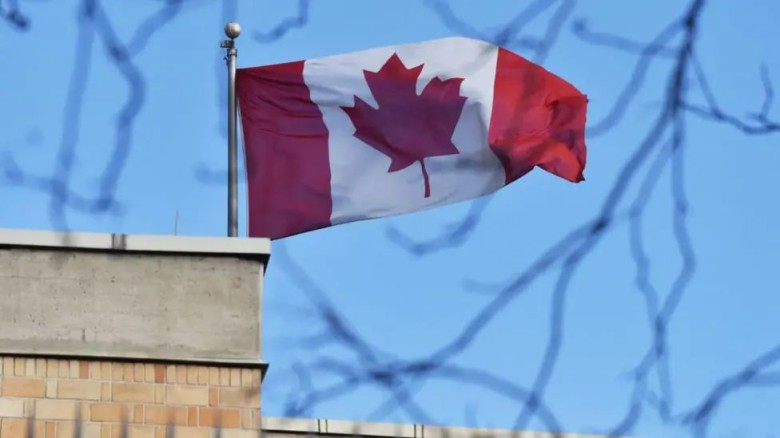


Leave A Comment